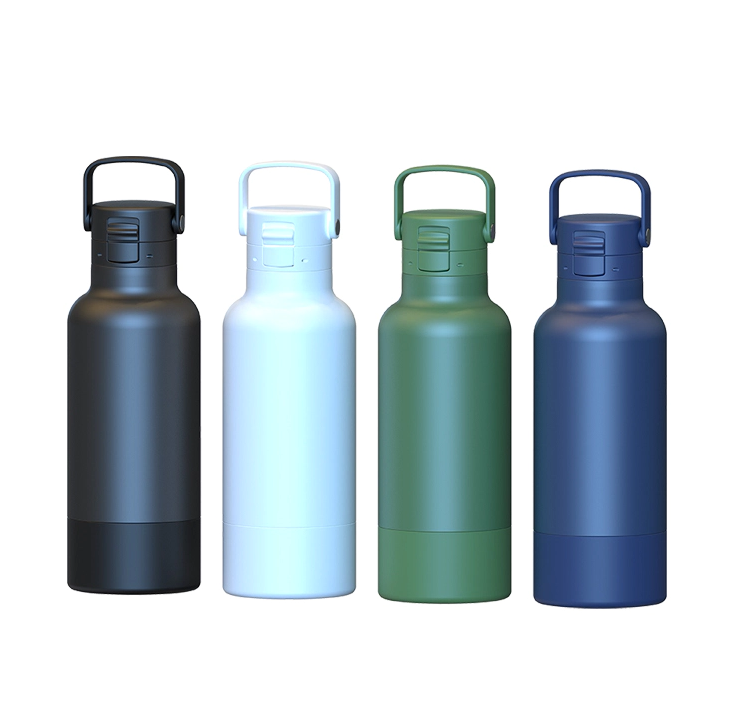Sport bottles play a crucial role in maintaining proper hydration, which directly impacts physical performance and recovery. During exercise, the body can lose significant fluids through sweat, making regular water intake essential. A well-designed sport bottle encourages consistent hydration by providing convenient access to fluids throughout training sessions. Many athletes establish drinking routines based on time markers, using their sport bottle as both a container and measurement tool.
The psychological aspect of sport bottles shouldn't be underestimated. Having a dedicated hydration vessel creates a visual reminder to drink regularly. Some sport bottles feature time markers or motivational messages that prompt users to maintain their fluid intake. The physical act of reaching for a sport bottle can become a habitual part of an athlete's rest periods between sets or intervals, establishing healthy hydration patterns.
Temperature control in sport bottles affects both comfort and performance. Insulated models keep water cool during hot weather training, making it more appealing to drink adequate amounts. In cold conditions, sport bottles that maintain warmer temperatures prevent the discomfort of chilled fluids that might otherwise discourage proper hydration. Some endurance athletes use separate sport bottles for different beverages—one for water and another for electrolyte solutions—to manage their nutritional intake during prolonged exertion.
Hygiene considerations are paramount when using sport bottles. Proper cleaning prevents bacterial growth that could lead to illness, particularly when sharing bottles in team environments. Many modern sport bottles incorporate antimicrobial materials in mouthpieces or feature self-cleaning mechanisms. Athletes should inspect their sport bottles regularly for wear in seals or scratches in the interior that could harbor bacteria.
Environmental impact has become an increasing concern in sport bottle usage. Reusable sport bottles significantly reduce plastic waste compared to disposable water bottles. Many fitness facilities now incorporate water refill stations to support this sustainable practice. Some manufacturers produce sport bottles from recycled materials, appealing to environmentally conscious consumers. The longevity of quality sport bottles makes them both an economical and ecological choice compared to single-use alternatives.

